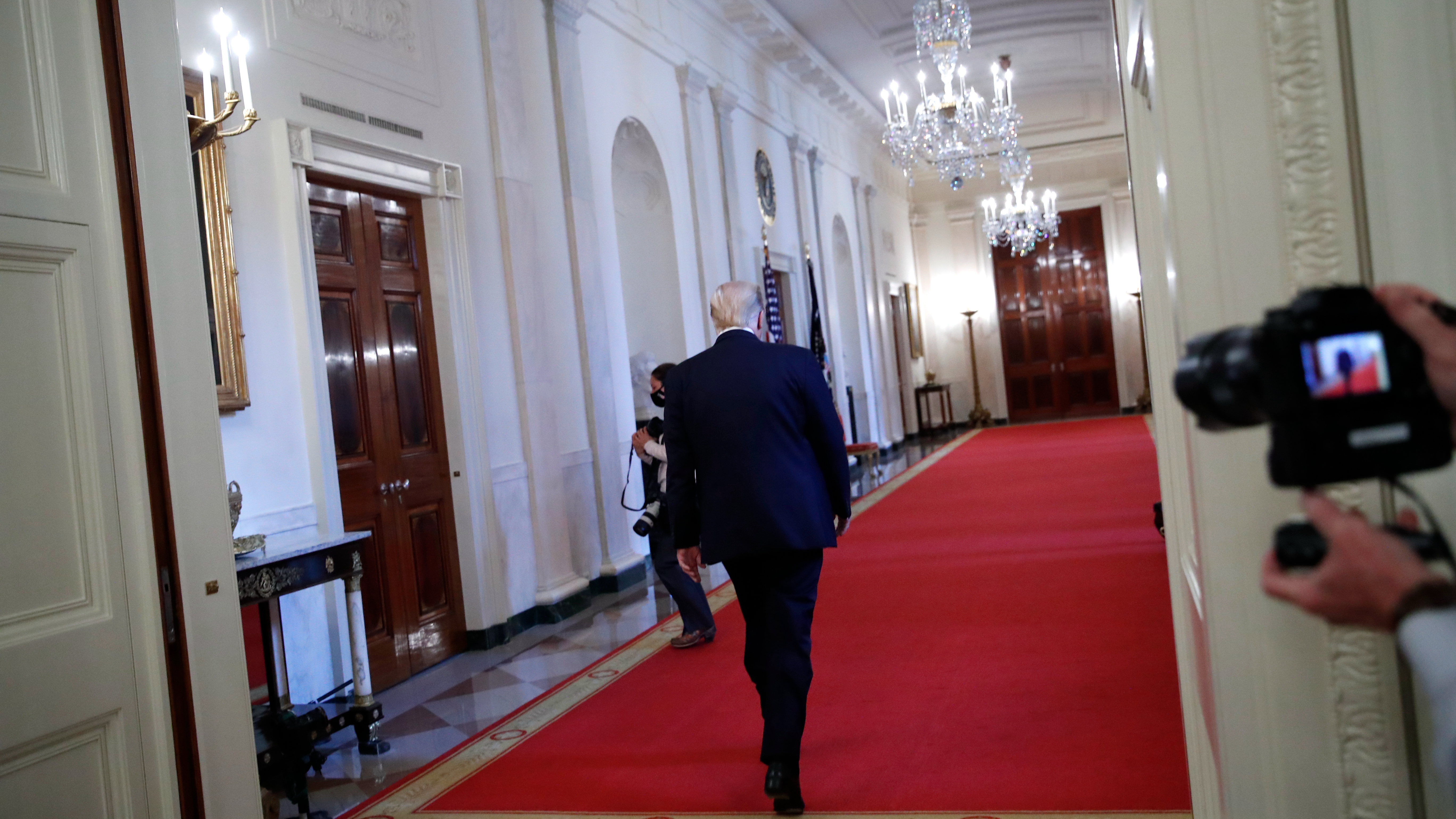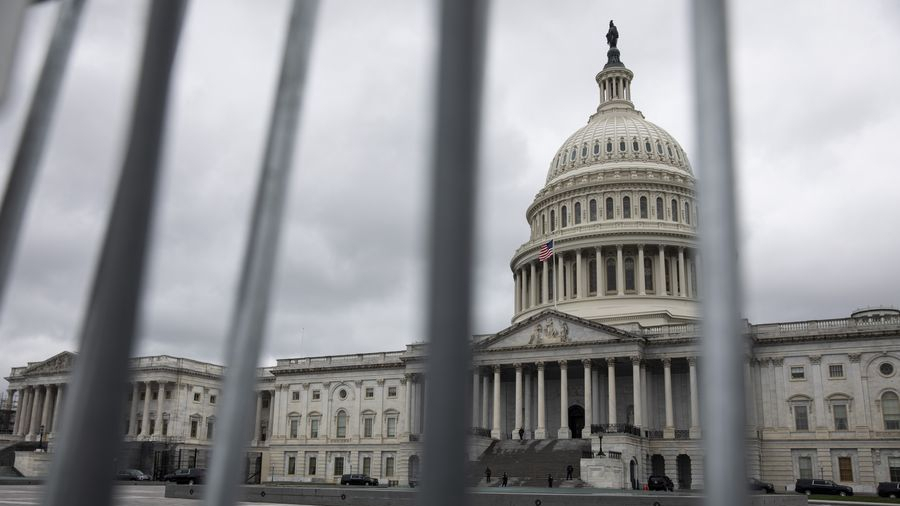01:50

On June 16 and 17, China's top diplomat, Yang Jiechi, held a "constructive" dialogue with U.S. Secretary of State Mike Pompeo in Hawaii, and the two sides agreed to continue engagement and communication.
However, as their meeting got under way, U.S. President Donald Trump signed the Uygur Human Rights Policy Act of 2020, calling for sanctions against Chinese officials responsible for alleged "repression of human rights" in Xinjiang. China then voiced strong opposition to the bill, urging the U.S. to stop using Xinjiang-related issues to interfere with China's internal affairs.
What's the political intention of the U.S.? How will signing this bill help Trump to support his re-election bid? And what would be the worst-case scenario between China and the U.S.?
Mario Cavolo, an American entrepreneur and senior fellow at the Center for China and Globalization, told CGTN Dialogue that Trump's move is just for "political put-up purposes," and the Uygur Human Rights Policy Act of 2020 will not accomplish anything but a political show aiming to fulfill his re-election goal.
"America is a failed state … they have to divert from their problems at home ... and China is the easiest and popular target." Mario further explained the deep reasons behind the legislation.
He thinks the U.S. is not eligible to criticize others, even with false accusations, especially at a time when George Floyd's death has sparked nationwide protests and the government is mishandling domestic affairs.
He said most Western media and politicians have demonized the Chinese government in terms of the vocational education and training in Xinjiang. In his view, all the accusations are factual lies, and the U.S. is trying to "flip" the efforts made by the Chinese government.
01:06

Professor Chen Hong from East China Normal University echoed Mario's point and said that the Xinjiang bill is part of the U.S.' long-arm jurisdiction, which tried to interfere with China's domestic affairs.
He mentioned that for more than three years, the Chinese government has done a great job, as not a single terrorist attack has taken place in Xinjiang, which has protected the right to life of the 25 million people of various ethnic groups.
Apart from the Xinjiang bill, Prof. Chen also listed other legislation over Chinese territories, including Tibet, Taiwan and Hong Kong, by the U.S., which are just various cards played by Washington. He believes the U.S. has a particular agenda with intention to "contain, suppress and detain China's rise, making all kinds of trouble for China."
Prof. Chen thinks bilateral relations between China and the U.S. have already been deteriorating in recent months over issues ranging from Hong Kong and Taiwan to the coronavirus pandemic. The Xinjiang bill will overlap the disputes and "will be casting a further shadow" on it, he added. He also warned any further deterioration between the two sides will be quite worrying.
"Dialogue" is a prime time English-language daily talk show on CGTN. The 30-minute program covers a wide range of domestic and international topics, providing a balanced and critical perspective on current affairs and analysis within the framework of cross-cultural and multi-disciplinary comparisons.
Schedule: Monday-Sunday
Time (GMT): 03:30, 11:30, 19:30
(If you want to contribute and have specific expertise, please contact us at opinions@cgtn.com)